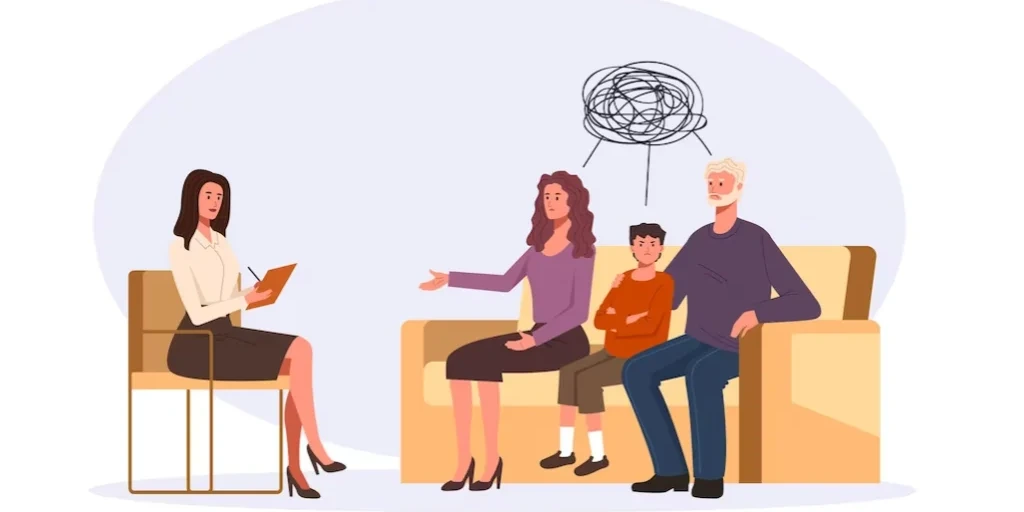24/7 Helpline:
(866) 899-111424/7 Helpline:
(866) 899-1114
Learn more about Klonopin Detox centers in Peachtree City
Klonopin Detox in Other Cities

Other Insurance Options

Cigna

CareSource

Health Net

MHNNet Behavioral Health

Private insurance

UMR

Aetna

Covered California

Group Health Incorporated

Optum

American Behavioral

Horizon Healthcare Service

Lucent

Meritain

Excellus

BlueShield

WellCare Health Plans

Amerigroup

ComPsych

Self-pay options

Georgia Addiction Treatment Center
Georgia Addiction Treatment Center (GATC) is a CARF-accredited drug and alcohol rehab located in Pea...

Grace Harbour
Grace Harbour is an outpatient mental health clinic that serves individuals from all ages in a holis...





Turning Point New Directions
Turning Point New Directions is a counseling clinic located in Tyrone, GA. Turning Point New Directi...

The Insight Program
The Insight Program is a private rehab located in Tyrone, Georgia. The Insight Program specializes i...

Pyramid Healthcare – Pine Ridge Manor Halfway House for Men
Pyramid Healthcare - Pine Ridge Manor Halfway House for Men is located in Tyrone, Pennsylvania. Pyra...
































































